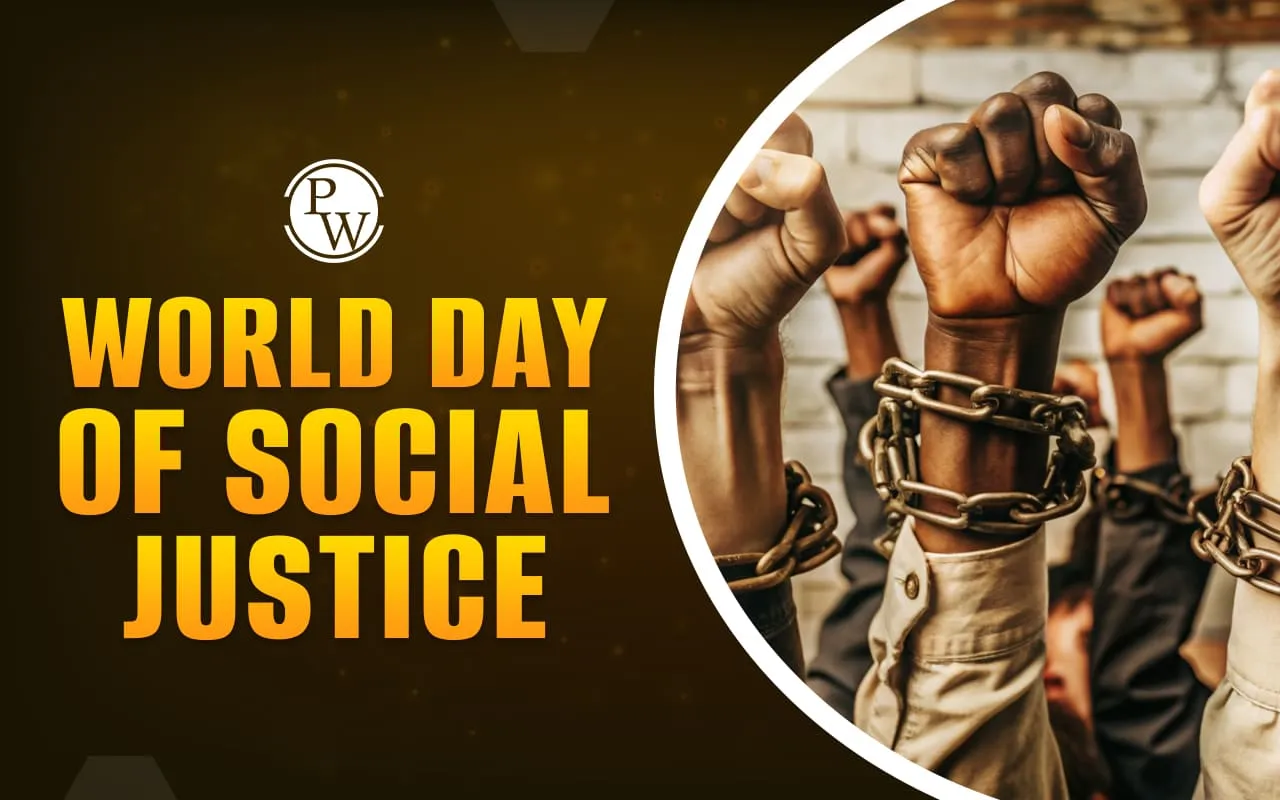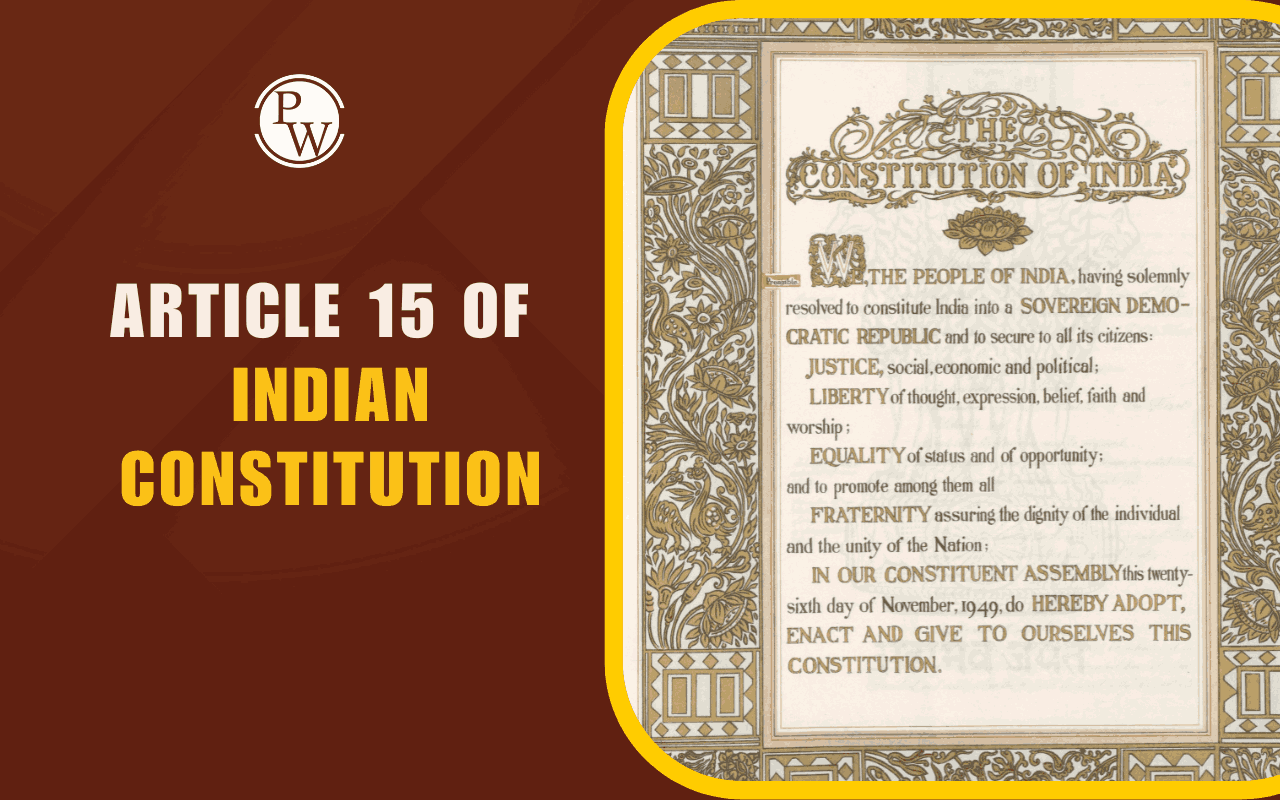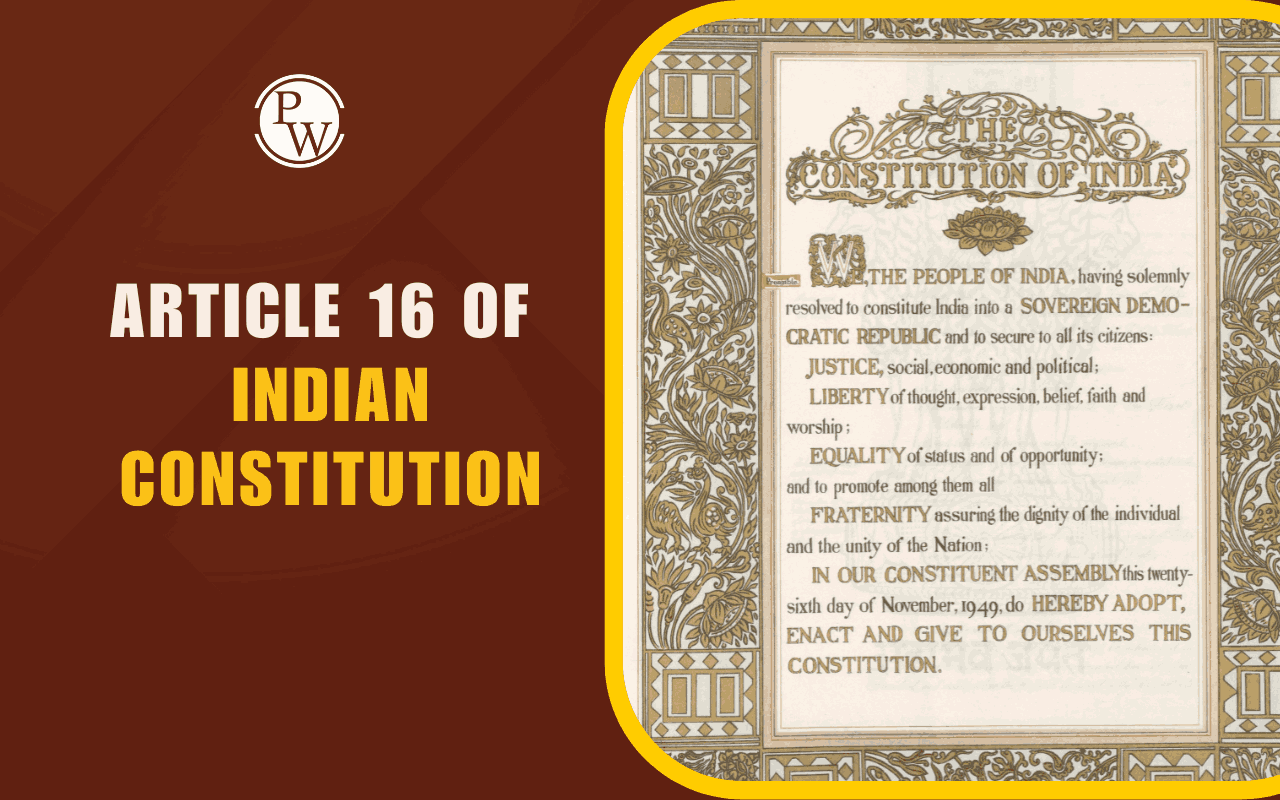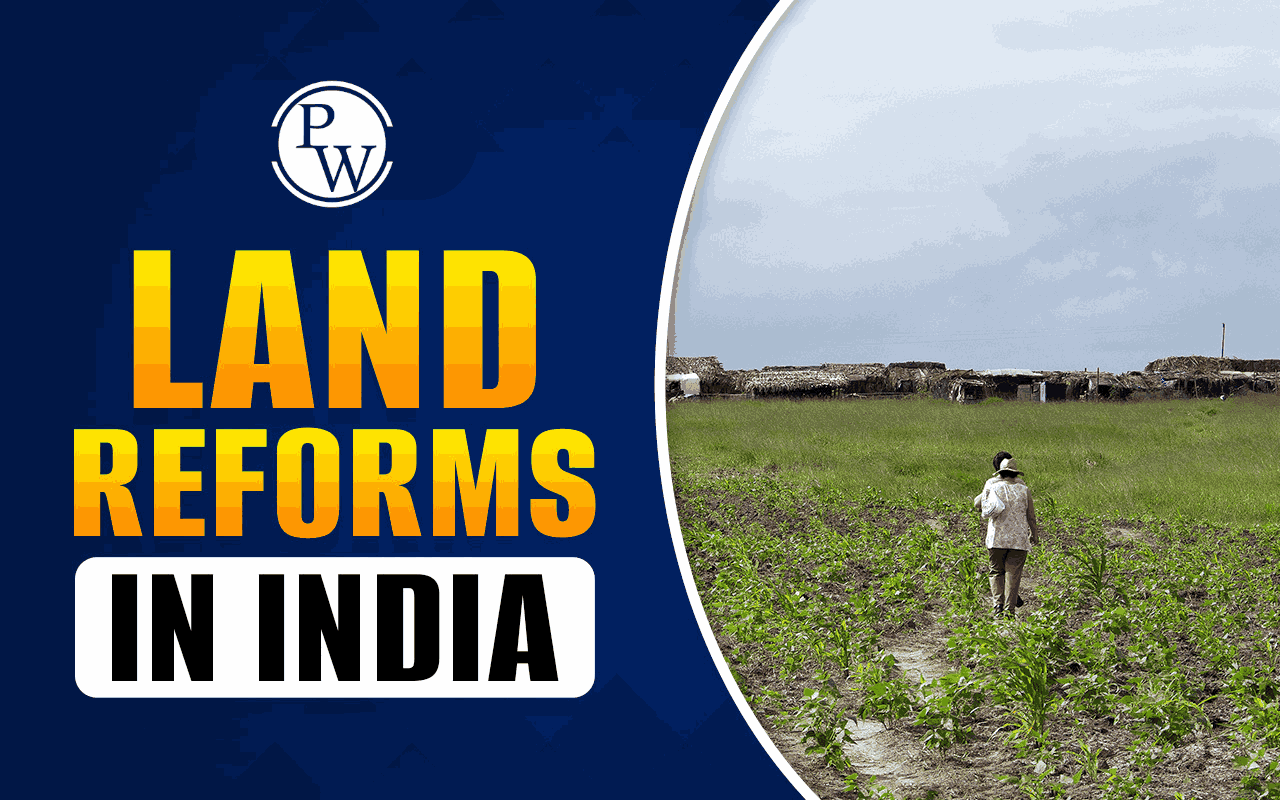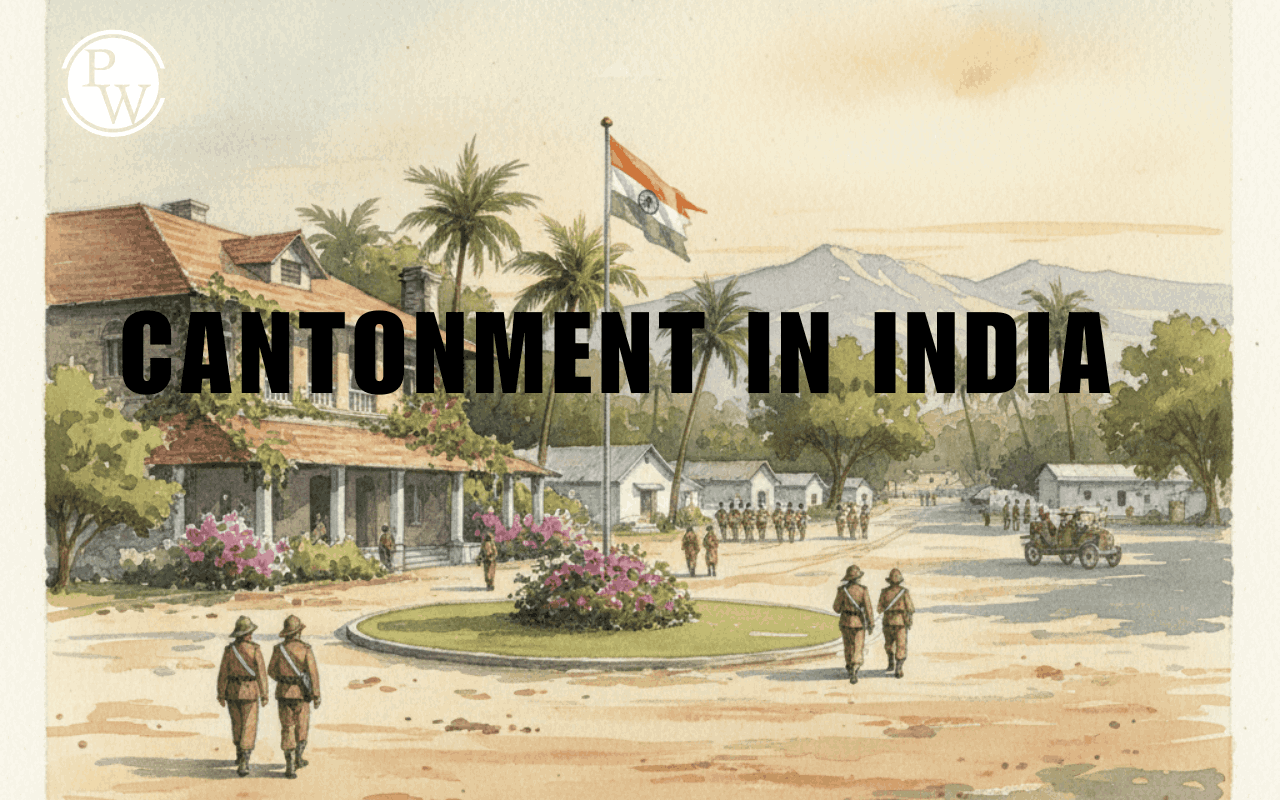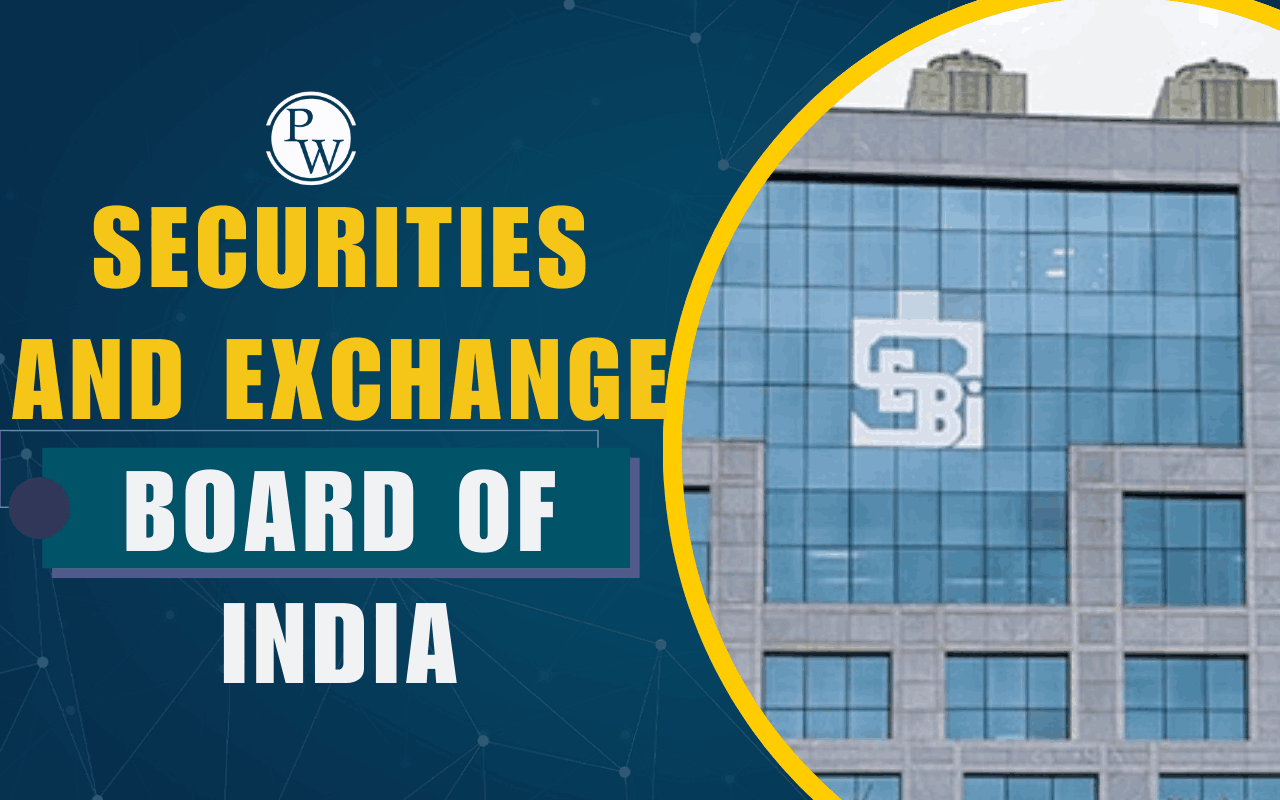
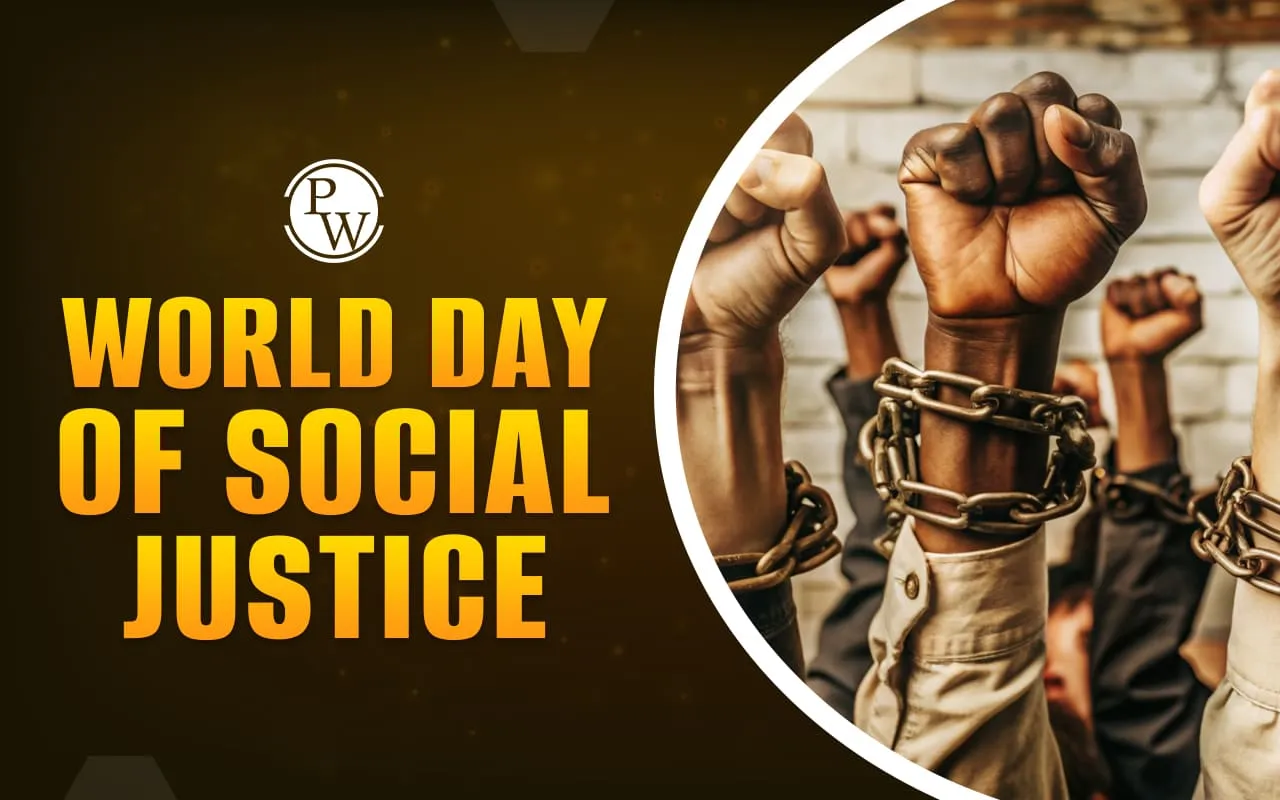
World Day of Social Justice, celebrated annually on February 20th, emphasizes the importance of fairness, justice, and equality across the globe. As societies around the world strive for equality, this day serves as a reminder to address issues such as poverty, discrimination, inequality, and exclusion.
The United Nations established this day in 2007 to promote social justice and create awareness about its impact on global development. World Day of Social Justice 2025 is a crucial moment for reflection, advocacy, and action toward a more just world for all.
World Day of Social Justice 2025 Overview
World Day of Social Justice 2025 is being observed on February 20 across the globe. It highlights the importance of fair opportunities, human rights, and equal treatment. Governments, organisations, and individuals join hands to spread awareness about poverty, inequality, social inclusion, and employment rights.
|
World Day of Social Justice 2025 - Overview |
|
|
Date |
February 20, 2025 |
|
Theme |
Empowering Inclusion: Bridging Gaps for Social Justice |
|
Objective |
To promote fairness, equality, and justice for all. |
|
History |
Established by the United Nations General Assembly on November 26, 2007 |
|
First Observed |
On February 20, 2009 |
|
Significance |
Highlights the importance of social justice as a foundation for sustainable development and peace |
|
Areas of Focus |
Addressing global challenges like climate change, migration, and economic disparities. |
World Social Justice Day 2025 Theme
World Social Justice Day 2025 theme is "Empowering Inclusion: Bridging Gaps for Social Justice". The annual observation, held every February 20, is dedicated to acknowledging the critical need for social justice, which ensures that every person, regardless of background, has access to basic rights and opportunities by making societies more inclusive.
What is the Meaning of Social Justice?
Social justice means ensuring equal rights, opportunities, and dignity for all individuals. It aims to create a society where people are not discriminated against based on their gender, caste, economic status, or background.
Key principles of social justice include:
-
Equality: Fair distribution of resources and opportunities.
-
Equity: Providing extra support to disadvantaged groups.
-
Diversity: Respecting cultural and social differences.
-
Participation: Encouraging marginalized groups to engage in decision-making.
-
Human Rights: Ensuring freedom, dignity, and protection under the law.
History of World Day of Social Justice
The idea of social justice dates back to the Industrial Revolution when workers demanded fair wages and rights. Over time, organizations like the International Labour Organization (ILO) and the United Nations Development Programme (UNDP) played a role in promoting fair labour laws and human rights.
The United Nations General Assembly declared February 20 as World Day of Social Justice on November 26, 2007. The first official celebration took place in 2009. Since then, this day has become an important observance to mobilize governments, institutions, and individuals to actively promote social justice policies, reduce inequalities, and create a more inclusive world.
World Day of Social Justice 2025 Connection to SDGs
The Sustainable Development Goals (SDGs), adopted by the UN in 2015, align closely with social justice. The World Day of Social Justice 2025 reinforces efforts toward:
|
SDG No. |
Goal Name |
Description |
|
SDG 1 |
No Poverty |
Eradicating poverty in all its forms. |
|
SDG 5 |
Gender Equality |
Achieving gender equality and empowering all women and girls |
|
SDG 8 |
Decent Work and Economic Growth |
Promoting inclusive and sustainable economic growth and decent work for all. |
|
SDG 10 |
Reduced Inequalities |
Reducing inequalities within and among countries. |
Social Justice in India
India's journey toward social justice has been shaped by constitutional guarantees, affirmative action policies, and numerous reforms aimed at uplifting marginalized communities.
Social Justice in the Constitution
-
Preamble: The Preamble assures social, economic, and political justice to all citizens.
-
Fundamental Rights (Part III): These rights guarantee fundamental freedoms, uphold equality, and protect individual dignity while promoting inclusivity
-
Directive Principles of State Policy (Part IV): Guide the government in promoting social welfare by addressing issues like poverty, unemployment, and education.
-
Reservations and Affirmative Action: Affirmative action policies, through Fundamental Rights, DPSP, Articles 330 & 332, etc. ensure a fair distribution of resources and opportunities.
Initiatives to Promote Social Justice
India has implemented various programs to promote social justice:
-
Ministry of Social Justice and Empowerment: Oversee policies and programs aimed at promoting social justice, equality, and empowerment for marginalized groups in India.
-
Mahatma Gandhi National Rural Employment Guarantee Act (MGNREGA): Guarantees 100 days of wage employment for rural workers.
-
Scheduled Castes and Scheduled Tribes (Prevention of Atrocities) Act: Protects marginalized communities from discrimination and atrocities.
-
Right to Education (RTE) Act: Ensures free and compulsory education for children aged 6 to 14.
-
National Food Security Act: Provides subsidized food grains to economically weaker sections.
Many more such initiatives align with the principles of World Day of Social Justice 2025 by addressing inequality and promoting inclusivity.
World Day of Social Justice 2025 Significance
The World Day of Social Justice 2025 is significant because it:
-
Raises awareness about social injustices and encourages solutions.
-
Inspires governments to implement better policies for marginalized groups.
-
Promotes inclusivity in workplaces, education, and healthcare.
-
Encourages global cooperation to reduce poverty and inequality.
By celebrating this day, individuals and organisations can work together to build a fairer and more just society.
In conclusion, the World Day of Social Justice 2025 is a reminder of our collective responsibility to ensure fairness in society. By supporting global and local initiatives, we can move towards a just and sustainable future.
For UPSC aspirants understanding concepts like social justice is crucial. Explore PW UPSC Courses for guidance and study materials on social issues and governance!
World Day of Social Justice 2025 FAQs
What is the World Day of Social Justice?
What is the 2025 theme for World Day of Social Justice?
Why is World Day of Social Justice 2025 celebrated?
Why is Social Justice important?
How is India addressing social justice issues?

